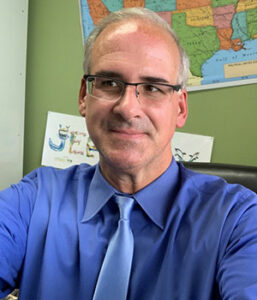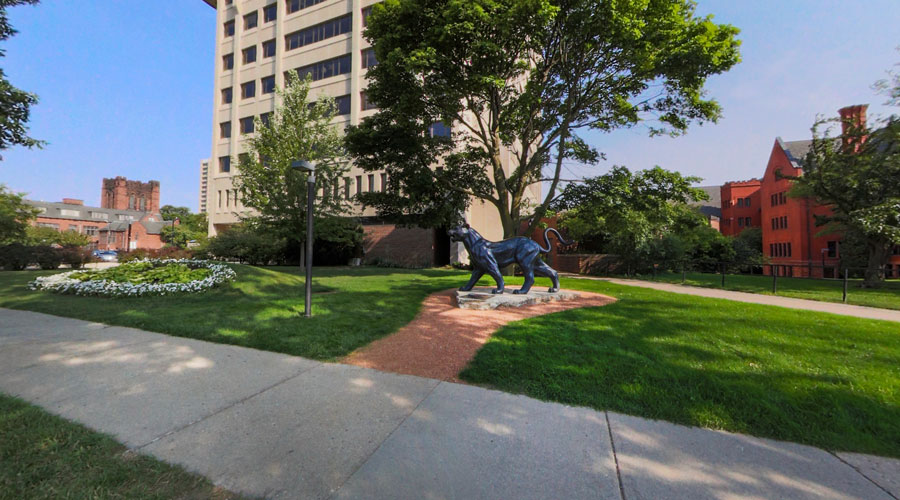Global Educator Certificate
The Global Educator Certificate prepares future teachers to integrate global content and approaches into their professional practice.
Today’s classrooms are diverse and international, with teachers at the forefront of educating for global competence. Become an important advocate and ambassador in your school and the community.
Program Type
Undergraduate Certificate, Graduate Certificate
Program Format
On Campus
The Global Educator certificate is a 15 credit program for undergraduate and graduate students.
For graduate students, the 15 credit Global Educator certificate will be available at two possible levels under the following terms:
- Graduate Students: Students formally admitted to and enrolled in a graduate program may count Global Educator Certificate credits toward their graduate degree program as allowed by the home department of their degree and Graduate Faculty Committee certificate policy.
- Post-Graduate: Teachers and others, who have completed a master’s, doctoral degree, advanced certificate, or equivalent. Other post-graduates may seek the certificate as part of their preparation for National Board Certification. It is conceivable that a student holding a graduate degree and seeking additional advanced training short of another full graduate degree may be interested in this certificate.
Why Choose Our Program?
- The Global Educator Certificate is the only certificate of its kind in Wisconsin.
- Minimal additional credits needed. Working with your advisor, you can easily fit the required coursework into your current undergraduate degree requirements.
- Eligible for pre-service teacher education degree students.
- Field experiences with United Nations international learning curriculum with Milwaukee Public Schools K-8 schools.
- Gain practical hands-on experience both at UWM and in the community with partner organizations.
Students Will Learn To
- Demonstrate their own awareness of the interconnectedness between communities, societies, economies and events and trends that cross national borders.
- Embed global perspectives and practices into their teaching.
- Become model global citizens who are culturally sensitive and informed about world affairs.
- Develop an understanding of different cultures and languages, enhancing their ability to communicate across cultures.
- Create scholarship that engages in critical inquiry, creativity and intellectual development and includes world trends, issues and events; past, present and into the future.
Program Requirements
- Associate Professor, Teaching and Learning
- Program Director, Social Studies Education, Grades 4-12
- Program Director, Urban Education Doctoral Program
- hawkinj@uwm.edu
- 414-229-5971
- Enderis Hall 393


